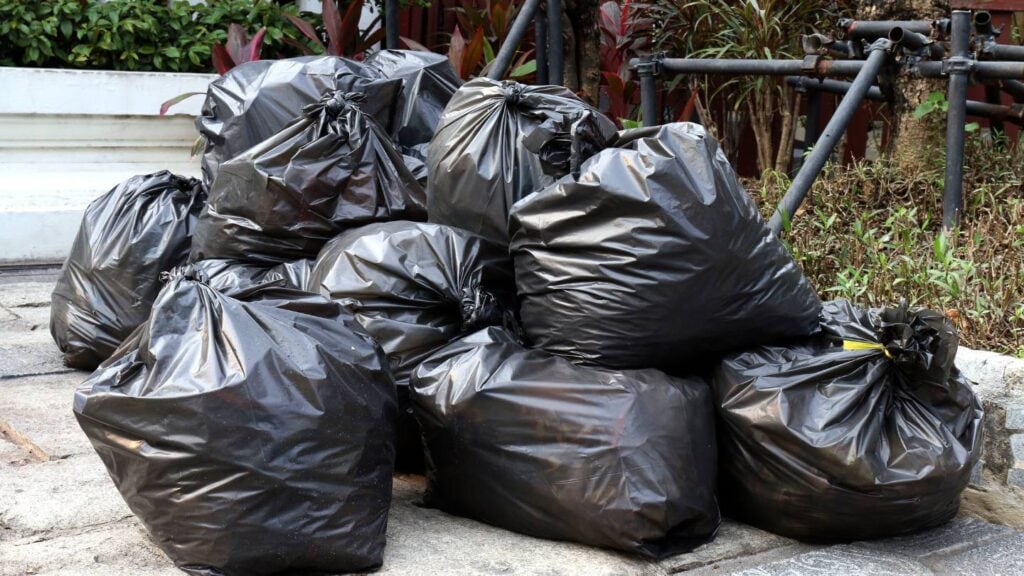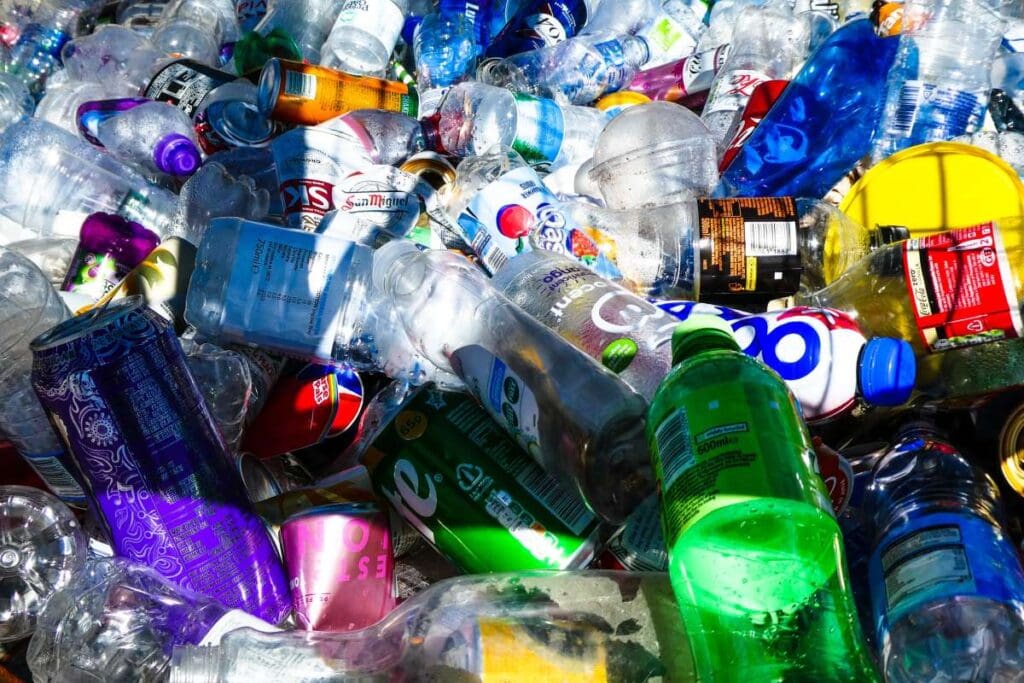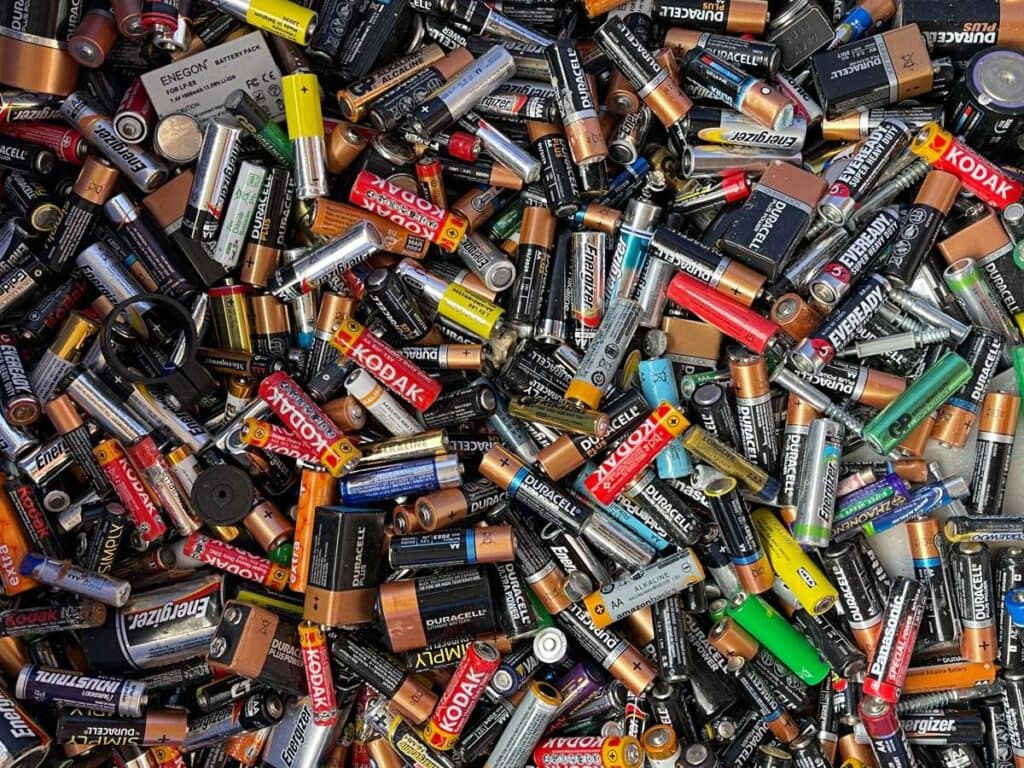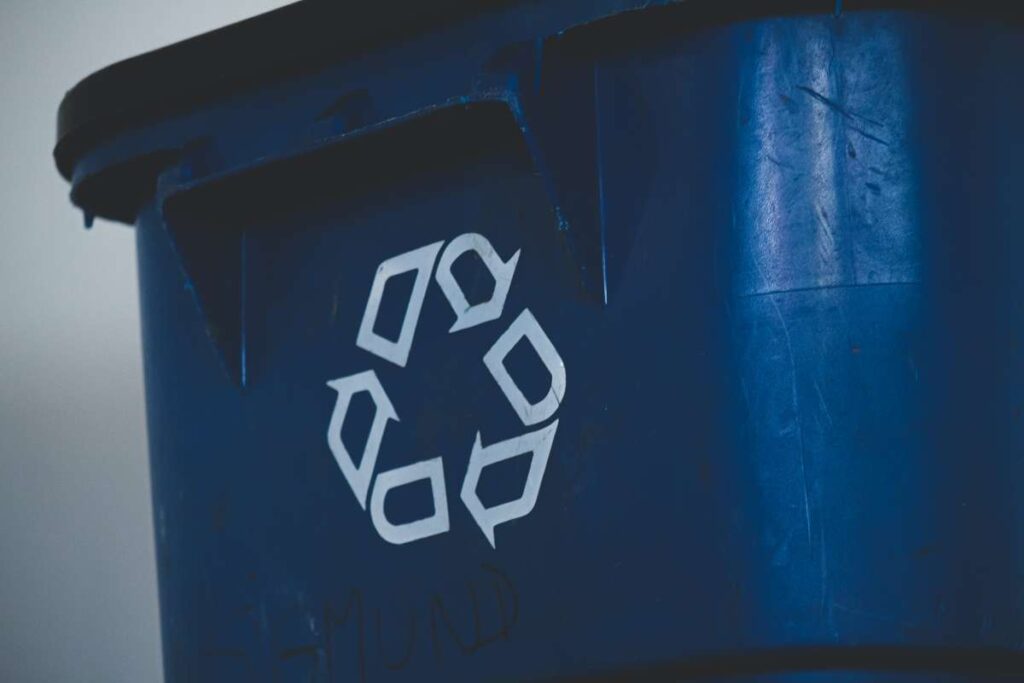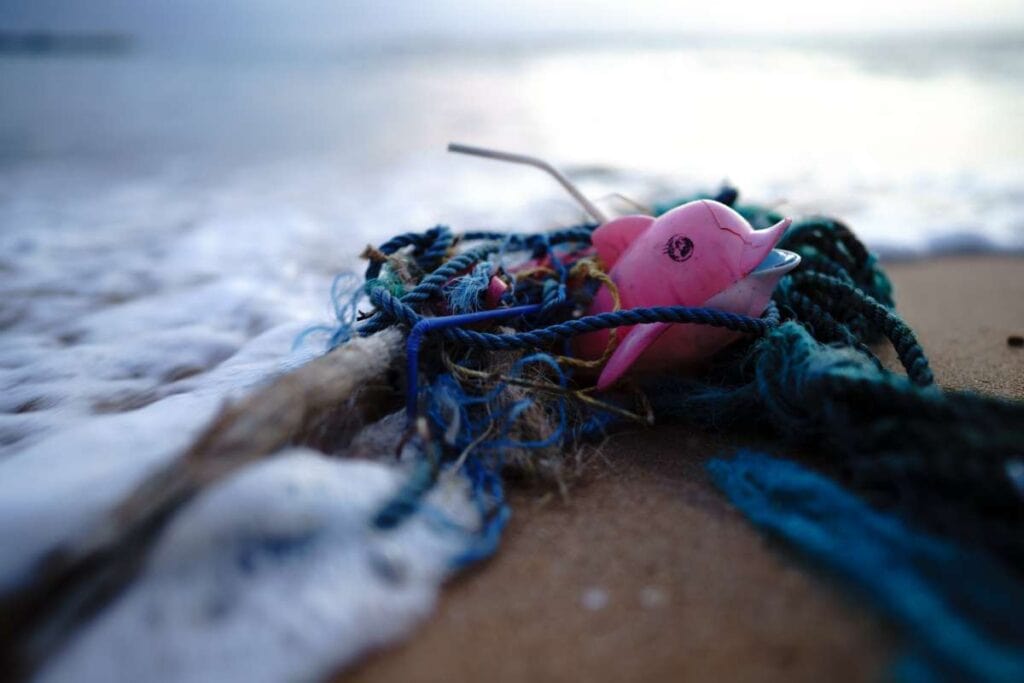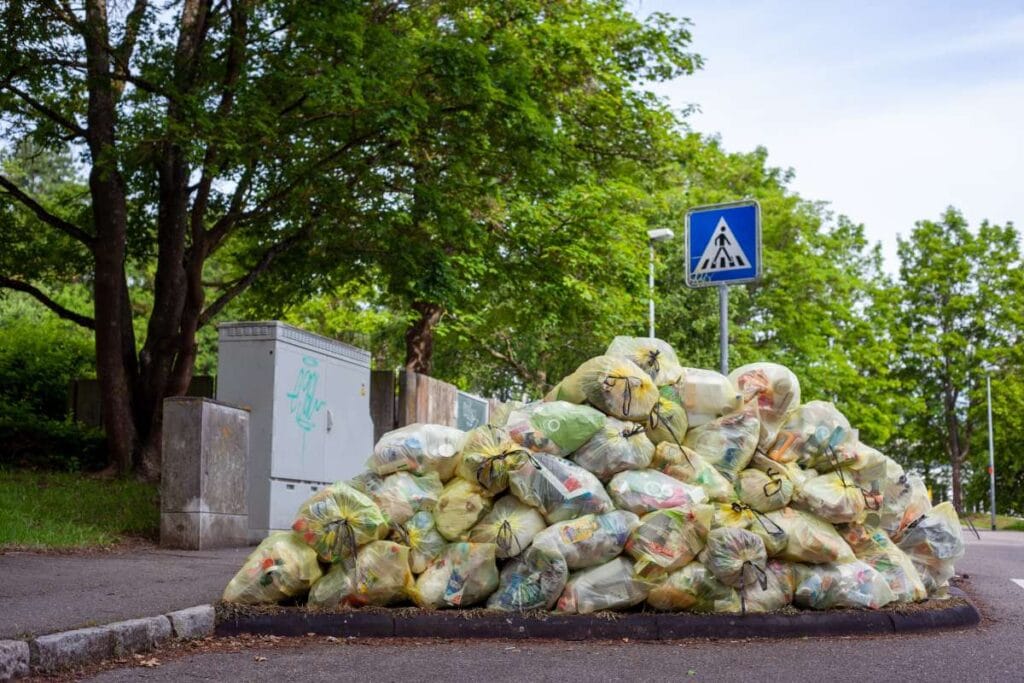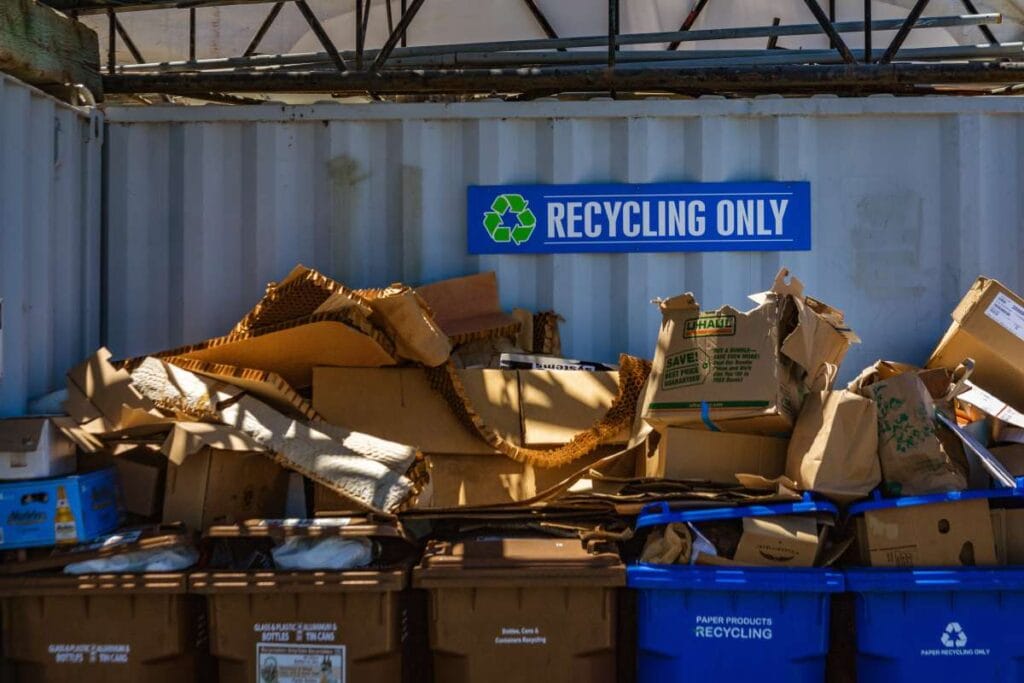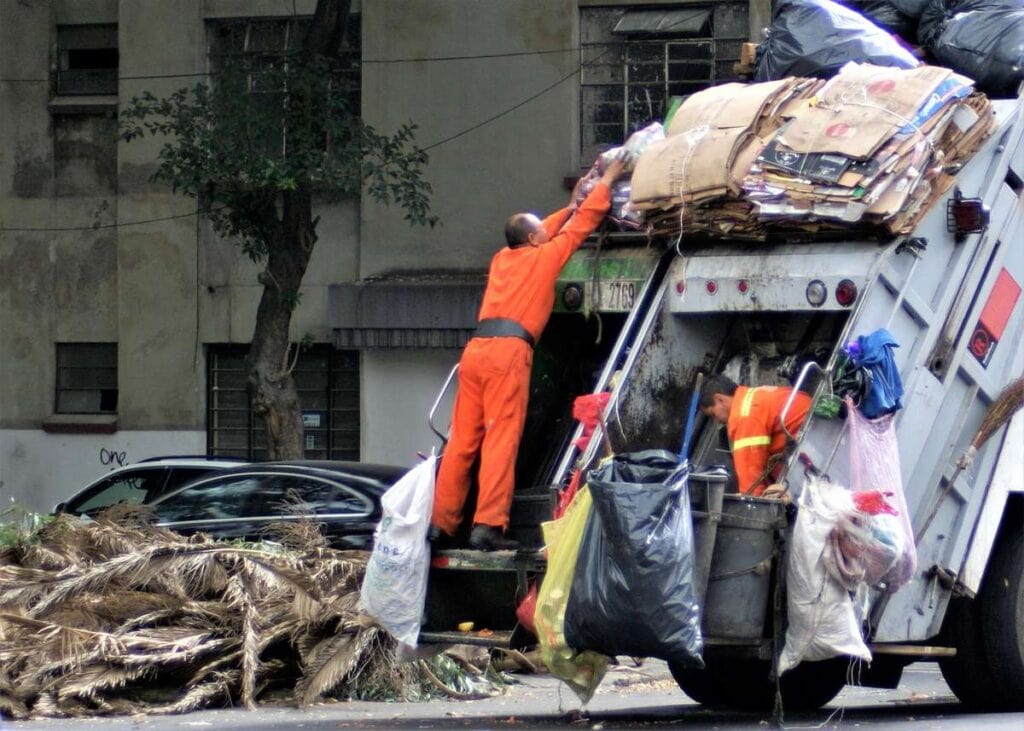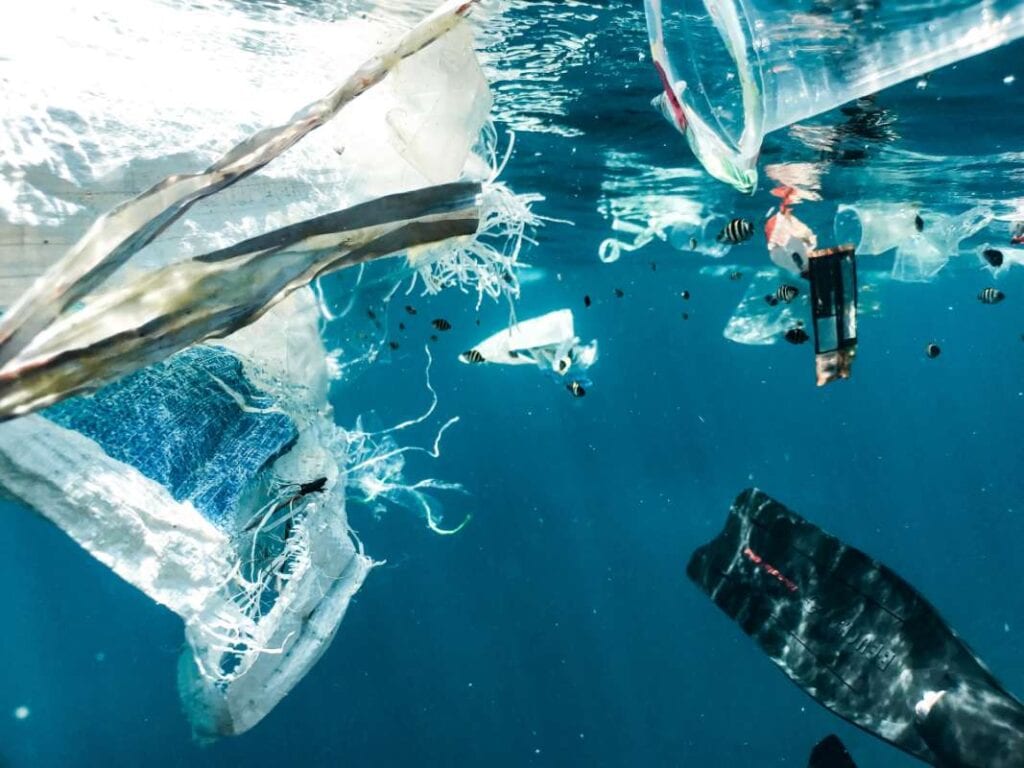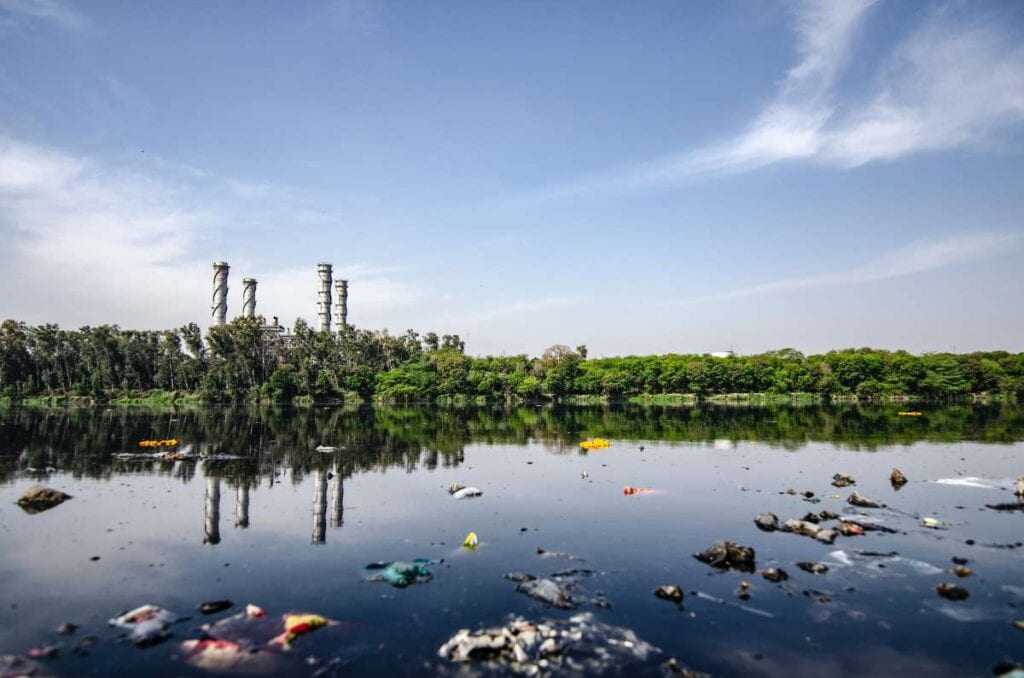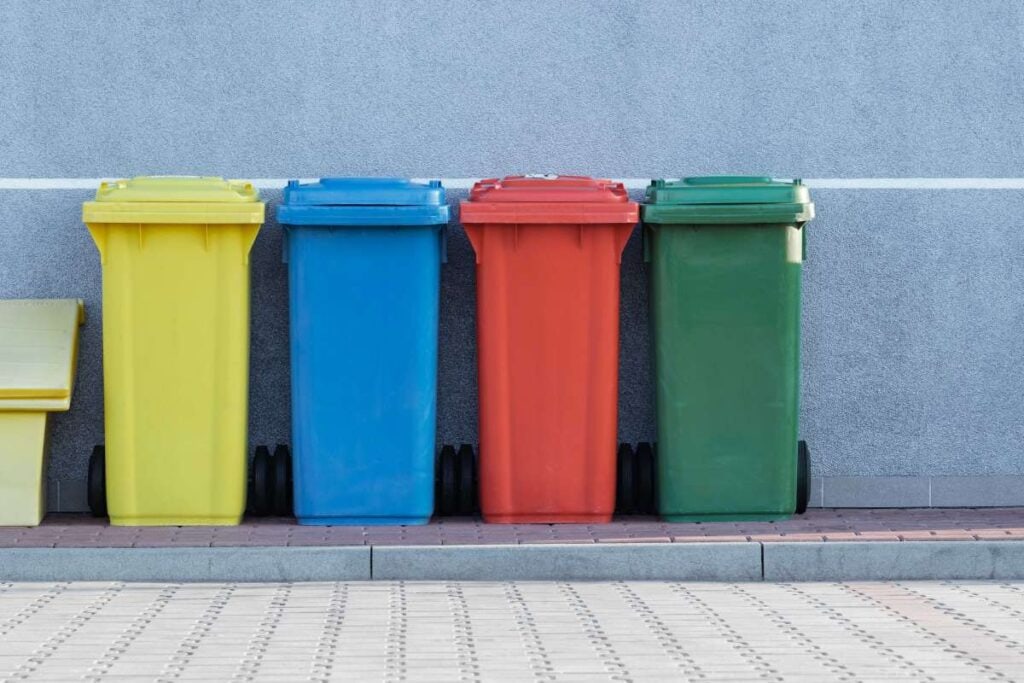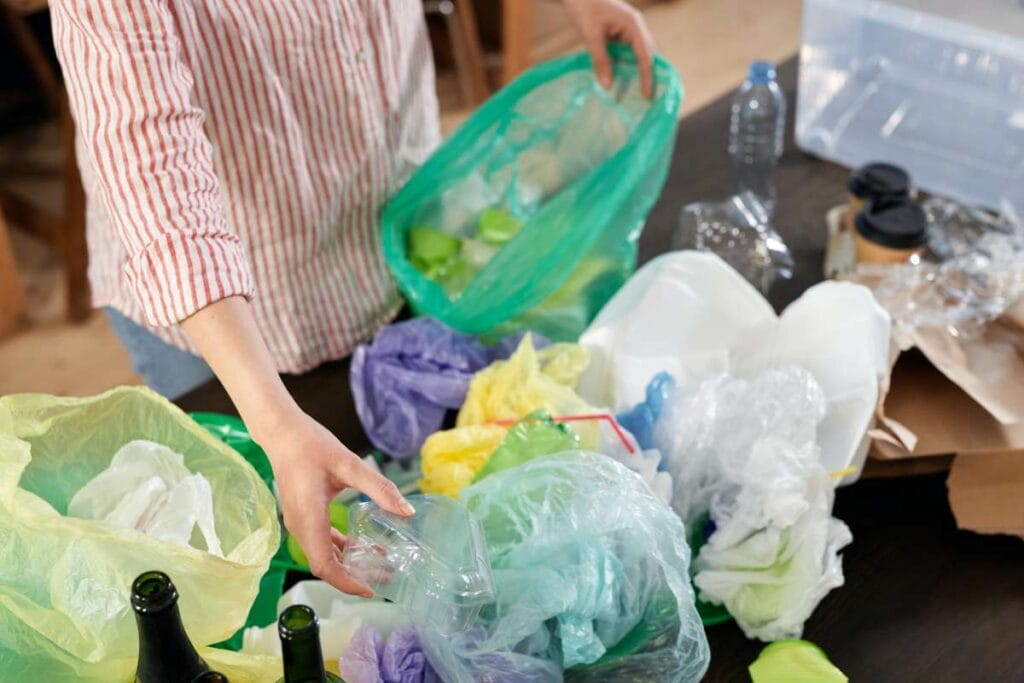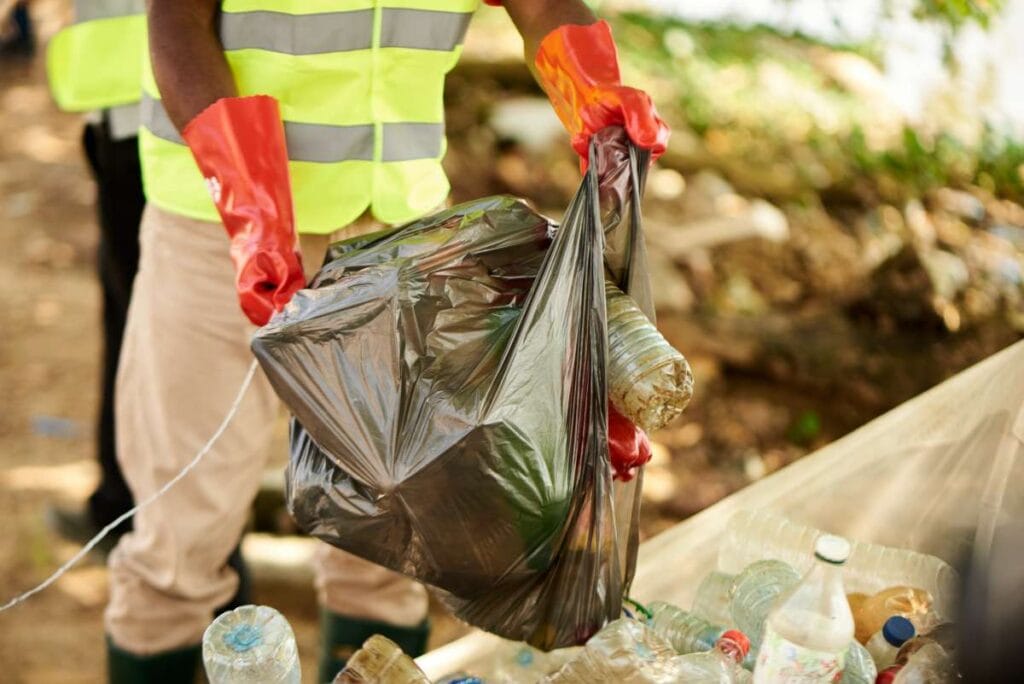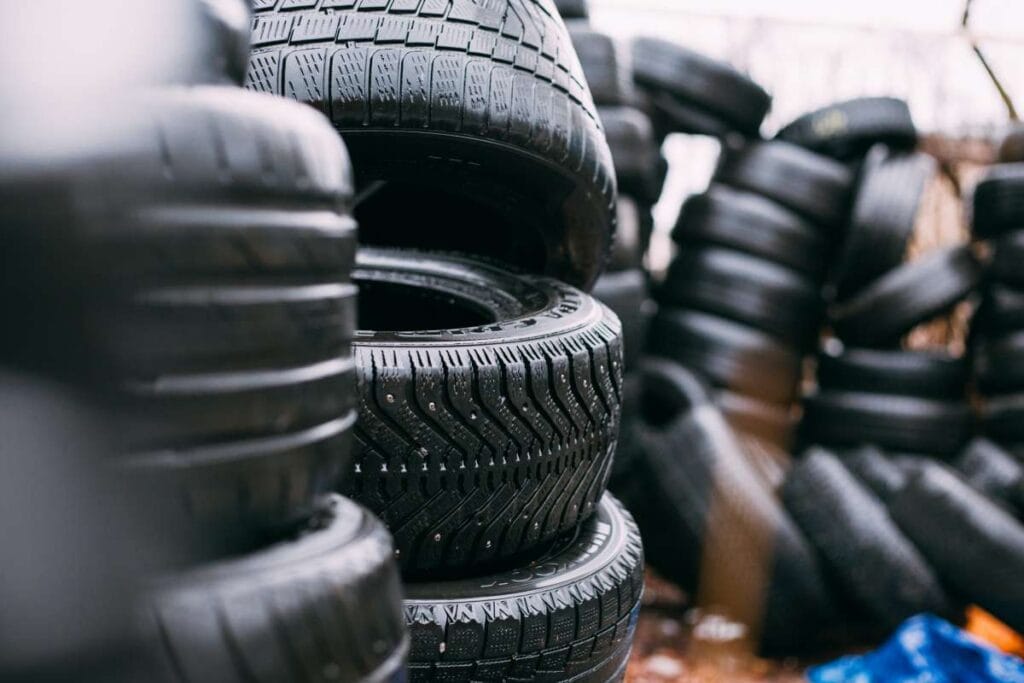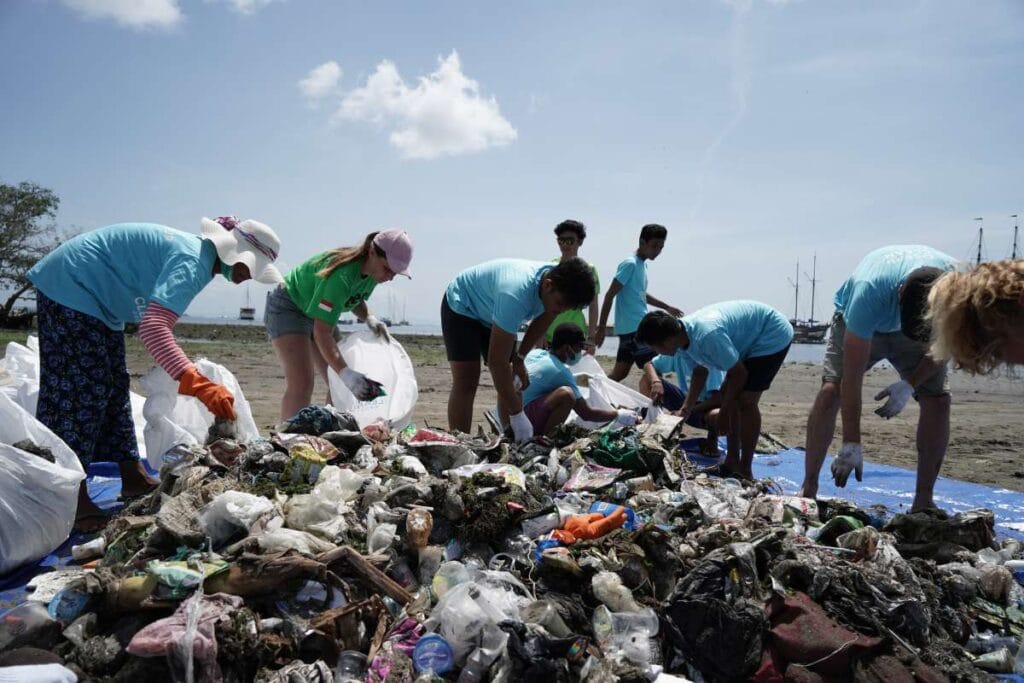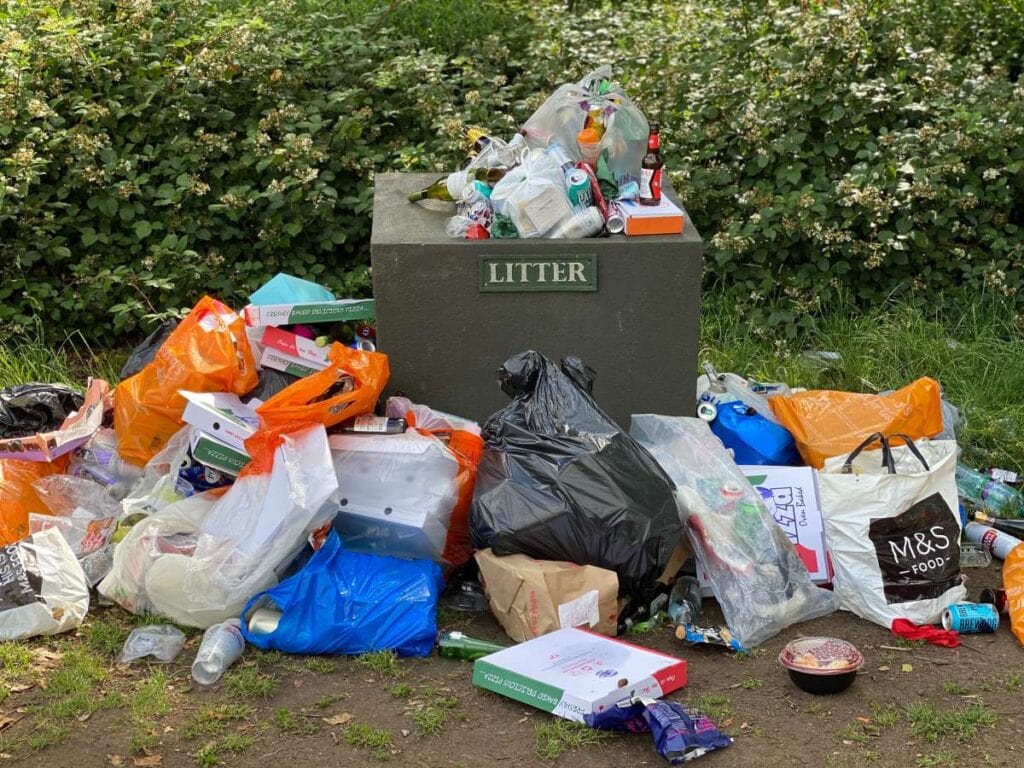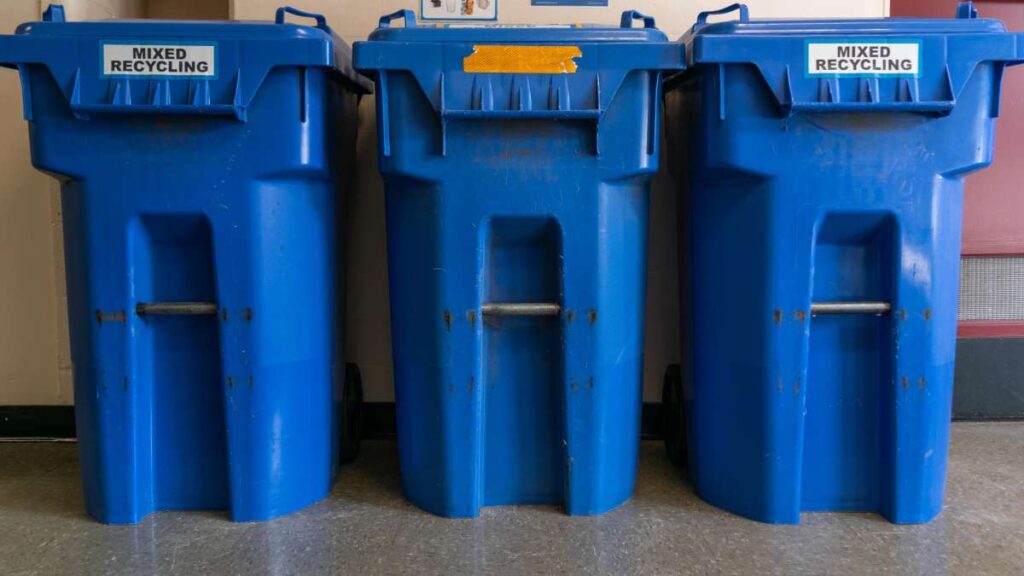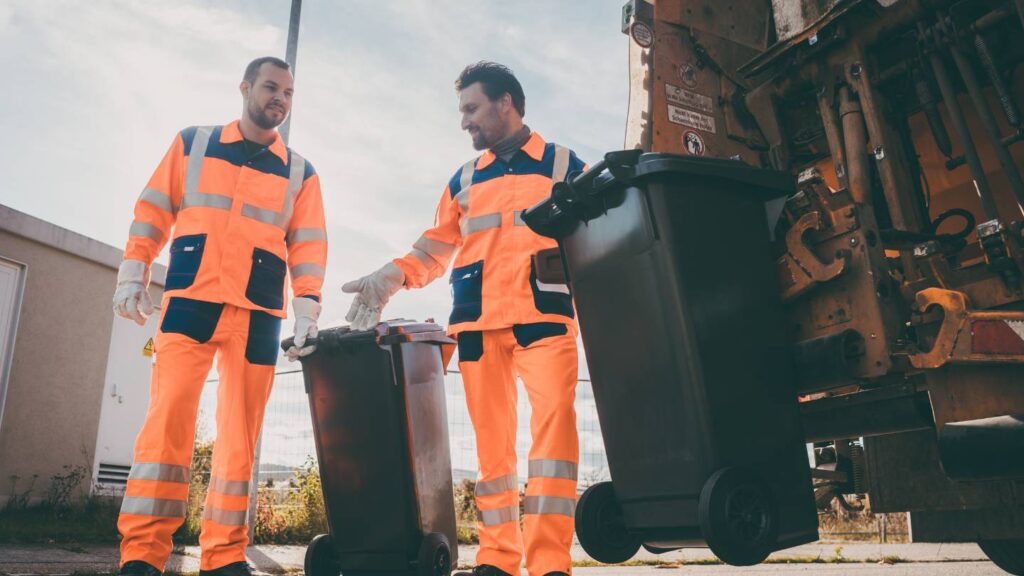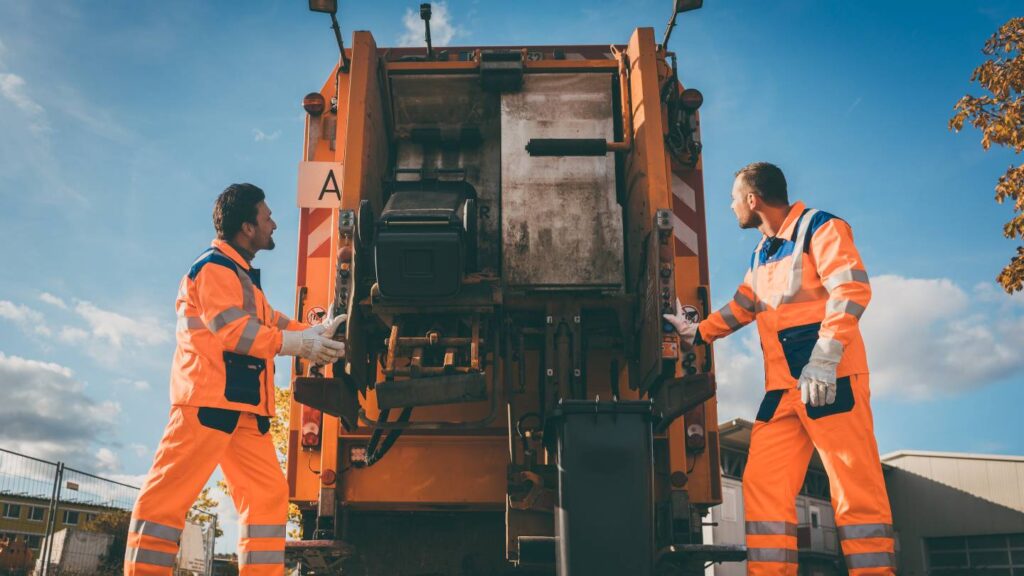An important issue when working with trash removal services is handling and disposing of dangerous products properly. There is a lot of garbage from homes and companies; some are toxic or otherwise bad for people and the planet.
Here, we'll look at what junk cleaning services may do to handle and dispose of dangerous objects safely. We will review all the important points to assist you in making an informed selection, including the hazards of hazardous garbage and the function of rubbish cleaning services.
Understanding Hazardous Materials
One must be familiar with the definition of hazardous materials before exploring the capabilities of garbage cleaning services. To put it simply, hazardous materials are anything that could be harmful to people or the environment.
Serious problems can result from the incorrect handling and disposal of these items, which might include everything from common household chemicals to industrial waste.
Common examples of hazardous materials include:
- Household chemicals: Cleaning agents, pesticides, and certain paints.
- Industrial chemicals: Solvents, acids, and toxic substances.
- Electronic waste: Batteries, old computers, and other electronic devices.
- Medical waste: Sharps, pharmaceuticals, and biological materials.
- Asbestos-containing materials: Common in older buildings and poses a risk when disturbed.
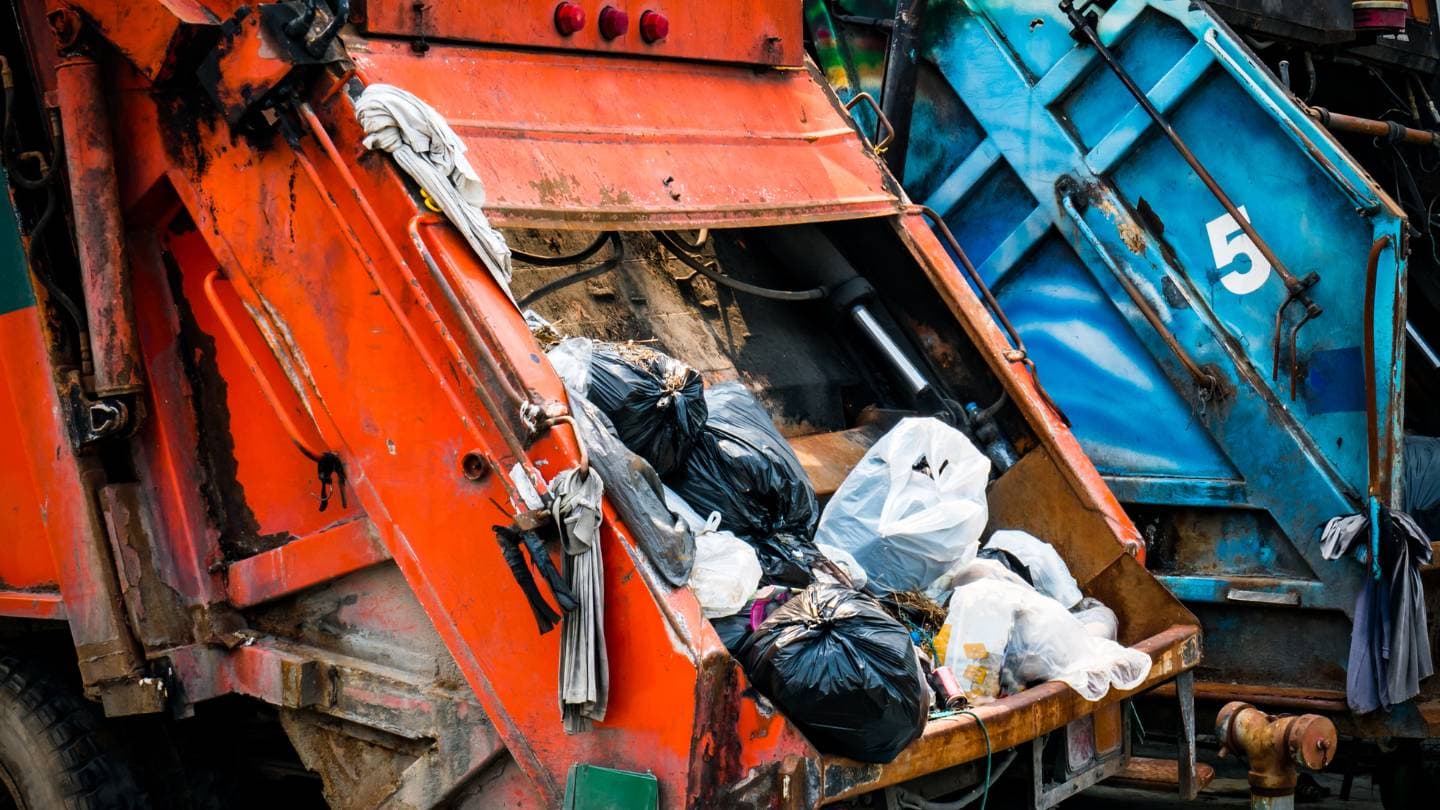
Risks Associated with Improper Disposal
Both people and the environment are put in danger when hazardous materials are not disposed of properly. Careless garbage management affects more than just the area around the dump; it has far-reaching effects on ecosystems, communities, and even entire jurisdictions. Important points about the dangers of incorrect disposal are as follows:
Health Hazards
- Respiratory Problems: Exposure to hazardous materials often involves the release of toxic fumes or airborne particles. Inhalation of these substances can lead to respiratory problems, such as difficulty breathing, coughing, and respiratory tract irritation.
- Skin Irritation: Direct contact with hazardous materials can result in skin irritation and allergic reactions. Certain chemicals may cause burns, rashes, or other dermatological issues upon contact with the skin.
- Long-Term Health Issues: Prolonged exposure to hazardous materials can contribute to more severe health issues depending on the substances involved. Chronic conditions, organ damage, and even carcinogenic effects may manifest over time.
Environmental Pollution
- Soil Contamination: Improper disposal can lead to soil contamination with hazardous substances. When these materials seep into the ground, they can persist for long periods, affecting soil quality and potentially impacting agricultural productivity.
- Water Pollution: Hazardous materials can leach into water sources, leading to water pollution. Contaminated water poses a direct threat to aquatic ecosystems, as well as to human populations that rely on these water sources for drinking and irrigation.
- Air Pollution: Inadequate disposal methods may release harmful pollutants into the air, contributing to air pollution. Gases, particulate matter, and volatile organic compounds released during improper disposal can adversely affect air quality, exacerbating respiratory issues in nearby communities.
Legal Consequences
- Fines and Penalties: Disposing of hazardous materials illegally is a violation of environmental regulations. Government agencies impose fines and penalties on individuals or businesses found guilty of improper waste disposal. The financial repercussions can be substantial, creating a significant deterrent against irresponsible practices.
- Legal Actions: Individuals or businesses engaging in illegal disposal may face legal actions, including lawsuits and court proceedings. Legal consequences may extend beyond financial penalties, potentially leading to the suspension of operating licenses or other regulatory sanctions.
- Reputational Damage: Beyond the immediate legal consequences, improper disposal can result in reputational damage for businesses. Negative public perception and media scrutiny can harm the brand image and lead to a loss of trust from customers and stakeholders.
Health dangers, environmental contamination, and legal ramifications are just a few of the many potential outcomes of incorrectly disposing of hazardous items.
It is vital to understand and address these dangers to promote appropriate waste management practices, conserve ecosystems, ensure compliance with environmental legislation, and safeguard human health.
To reduce these dangers and create a safe and sustainable environment for current and future generations, it is essential to implement waste reduction programmes and use proper disposal procedures.
The Capabilities of Rubbish Cleaning Services
Rubbish cleaning services are typically equipped to handle a wide range of waste materials, but their ability to manage hazardous substances depends on several factors. Let's explore the capabilities of these services when it comes to handling and disposing of hazardous materials:
Licensing and Certification
Reputable rubbish cleaning services understand the importance of adhering to regulations and obtaining the necessary licenses and certifications for handling hazardous waste.
Agencies such as the Environmental Protection Agency (EPA) set guidelines and standards for properly disposing of hazardous materials, and licensed rubbish cleaning services are required to comply with these regulations.
Specialised Training
Employees of rubbish cleaning services undergo specialised training to handle various types of waste, including hazardous materials. This training includes understanding the risks of different substances, implementing safety protocols, and using appropriate personal protective equipment (PPE).
Proper Equipment and Containers
Handling hazardous materials requires specific equipment and containers to ensure safe transport and disposal. Rubbish cleaning services that deal with hazardous waste are equipped with specialised vehicles, containers, and tools designed to contain and transport these materials without posing a risk to the environment or public health.
Segregation and Categorisation
Effective management of hazardous waste is a critical aspect of rubbish cleaning services, and it revolves around proper segregation and categorisation.
Carefully separating hazardous materials from non-hazardous waste is essential to prevent cross-contamination and ensure that each type of waste undergoes appropriate disposal methods. The following key points elaborate on the significance of segregation and categorisation in waste management:
Prevention of Cross-Contamination:
- Strict Protocols: Rubbish cleaning services adhere to strict protocols for segregating waste. These protocols are designed to minimise the risk of cross-contamination between hazardous and non-hazardous materials during the collection, transportation, and disposal processes.
- Separate Containers: Hazardous waste is often collected and transported in containers specifically designated for such materials. These containers are distinct from those used for non-hazardous waste, minimising the likelihood of accidental mixing.
Safety Measures:
- Protecting Workers: Proper segregation protects the health and safety of workers involved in waste management. It reduces the risk of exposure to hazardous substances while handling and transporting waste materials.
- Use of Personal Protective Equipment (PPE): Workers engaged in managing hazardous waste utilise appropriate personal protective equipment, such as gloves and masks, to further minimise the risk of exposure.
Environmental Impact:
- Preventing Pollution: Segregation is crucial in preventing environmental pollution. Hazardous materials, if mixed with non-hazardous waste, can lead to contamination of soil, water, and air, causing harm to ecosystems and wildlife.
- Facilitating Proper Treatment: Proper categorisation ensures that hazardous waste undergoes specialised treatment processes suitable for its nature. This can include incineration, chemical treatment, or secure landfill disposal, depending on the characteristics of the materials.
Compliance with Regulations:
- Legal Requirements: Segregation and categorisation are often mandated by environmental regulations. Rubbish cleaning services must comply with these regulations to ensure that waste is managed by safety and environmental standards.
- Documentation and Reporting: Proper categorisation allows for accurate documentation and reporting of the types and quantities of waste generated. This information is essential for regulatory compliance and monitoring of waste management practices.
Efficiency in Recycling:
- Facilitating Recycling: Proper segregation enhances the efficiency of recycling processes. Non-hazardous materials can be more easily diverted to recycling facilities, reducing the overall environmental impact and promoting sustainability.
Compliance with Disposal Regulations
Disposable materials are subject to strict regulations to prevent environmental harm and protect public health. Rubbish cleaning services ensure that the waste they collect is disposed of at licensed facilities that comply with all relevant regulations.
Emergency Response Preparedness
In spills or accidents, rubbish cleaning services are trained to respond quickly and effectively while transporting hazardous materials. This includes implementing emergency response plans, containing spills, and notifying the appropriate authorities to mitigate potential risks.
Limitations and Considerations
While rubbish cleaning services are essential in managing and disposing of a wide range of waste materials, there are limitations and considerations when it comes to hazardous substances:
Restricted Materials
Certain hazardous materials may be subject to specific regulations or restrictions, and some rubbish cleaning services may not be authorised to handle certain types of hazardous waste. As a result, businesses and individuals must verify the capabilities of a rubbish cleaning service before engaging their services.
Costs of Hazardous Waste Disposal
Disposing hazardous materials often incurs additional costs due to the specialised processes and facilities required. Rubbish cleaning services may pass these costs on to their clients, so it's essential to be aware of potential expenses associated with hazardous waste disposal.
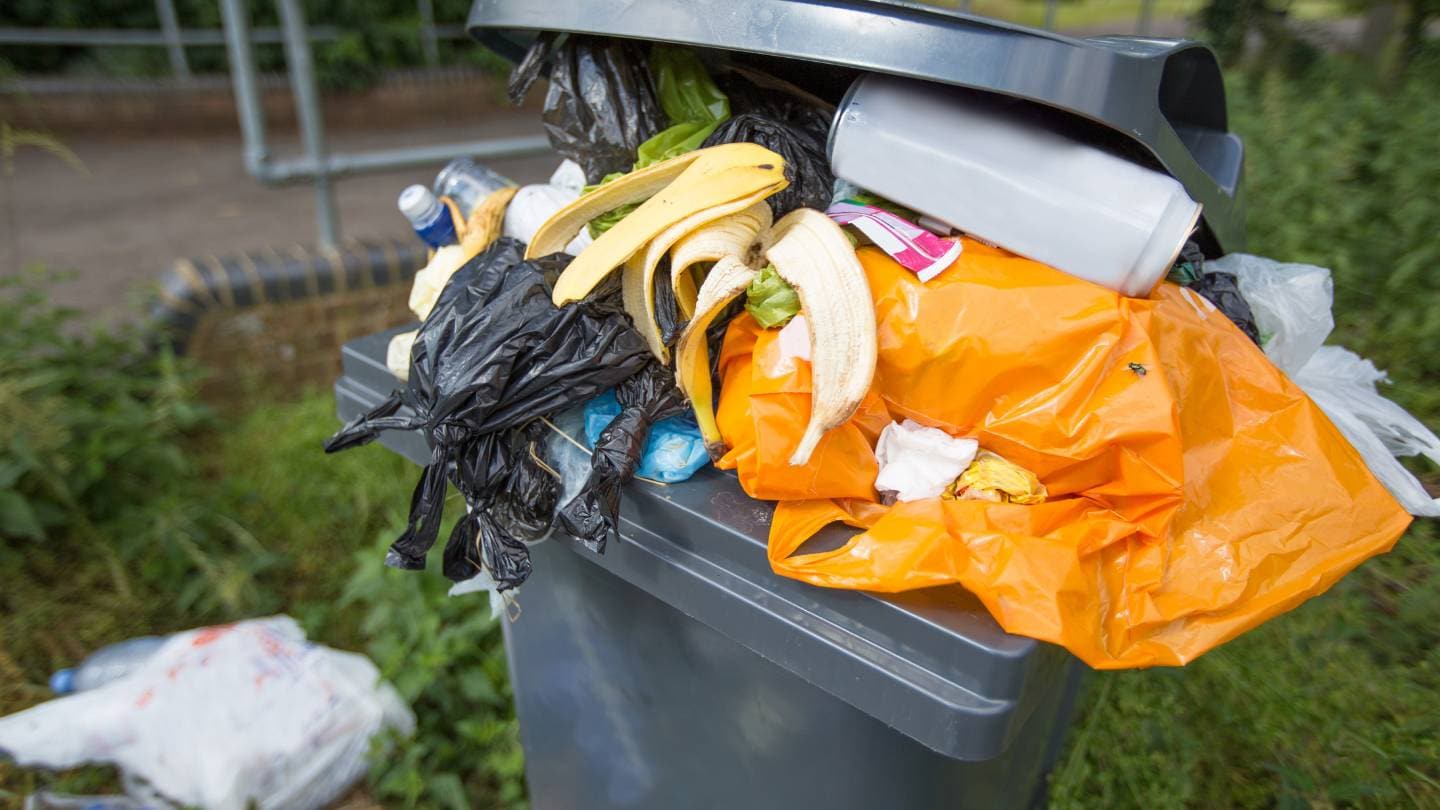
Legal Liabilities
Businesses and individuals must know their legal responsibilities regarding hazardous waste disposal. Engaging a licensed rubbish cleaning service is a step in the right direction, but clients should also understand and comply with local, state, and federal regulations to avoid legal liabilities.
Rubbish cleaning services play a vital role in maintaining cleanliness and order in our communities, but their ability to handle and dispose of hazardous materials depends on various factors. Licensed and certified services, equipped with specialised training and proper tools, can effectively manage hazardous waste in compliance with regulations.
Businesses and individuals must choose rubbish cleaning services wisely, considering their specific needs and the types of waste they generate. By collaborating with reputable services prioritising safety and environmental responsibility, we can collectively contribute to properly managing and disposing of hazardous materials, ensuring a cleaner and safer environment for everyone.
Conclusion
When it comes to disposing of dangerous waste, which can inflict major harm to both humans and the environment, rubbish cleaning services are important. Household chemicals, industrial chemicals, medical waste, electronics, and asbestos-containing materials are examples of common hazardous items. Respiratory concerns, skin irritation, long-term health problems, pollution, legal actions, fines, penalties, and reputational harm can result from improperly disposing of hazardous items.
Air pollution, water contamination, skin irritation, respiratory disorders, and long-term health issues are all potential health hazards. Companies risk financial penalties, legal action, and harm to their reputation as a result of legal ramifications. In order to protect human health, preserve ecosystems, comply with environmental laws, and encourage proper waste management practices, proper disposal techniques are crucial.
To guarantee the correct disposal of hazardous waste, organisations such as the Environmental Protection Agency (EPA) need certification and licencing. Workers are prepared to deal with hazardous and other forms of garbage thanks to extensive training and the use of specially designed containers, vehicles, and equipment. An ecosystem that is safe and sustainable for present and future generations can be achieved through the use of proper disposal methods.
The correct sorting and separation of hazardous waste materials is essential for their efficient handling. In order to avoid contamination and make sure the right disposal procedures are used, it is necessary to separate hazardous items from non-hazardous waste. Workers are better protected by segregation, which also guarantees that PPE is used. Proper treatment of hazardous waste, including burning, chemical treatment, or secure landfill disposal, also helps to reduce pollution.
Content Summary
- Trash removal services play a crucial role in managing hazardous materials, ensuring proper handling and disposal.
- Understanding hazardous materials is essential, encompassing anything harmful to people or the environment.
- Examples of hazardous materials range from household chemicals and industrial waste to electronic and medical waste.
- Risks associated with improper disposal include health hazards, environmental pollution, and legal consequences.
- Health hazards involve respiratory problems, skin irritation, and long-term health issues due to exposure.
- Environmental pollution can result from soil contamination, water pollution, and air pollution during improper disposal.
- Legal consequences include fines, penalties, legal actions, and reputational damage for improper waste disposal.
- To address these dangers, waste reduction programs and proper disposal procedures are crucial.
- Rubbish cleaning services can handle various waste materials, but their ability with hazardous substances depends on factors.
- Reputable services obtain licensing and certification, adhering to regulations set by agencies like the EPA.
- Employees undergo specialized training to handle hazardous materials, understanding risks and safety protocols.
- Proper equipment and containers are essential for safe transport and disposal of hazardous waste.
- Segregation and categorization are critical in managing hazardous waste, preventing cross-contamination and ensuring safety.
- Strict protocols, separate containers, and personal protective equipment are employed for safety measures.
- Segregation prevents pollution, facilitates proper treatment, ensures compliance with regulations, and enhances recycling efficiency.
- Compliance with disposal regulations ensures waste is disposed of at licensed facilities.
- Rubbish cleaning services are trained for emergency response in spills or accidents involving hazardous materials.
- Limitations and considerations include restricted materials, costs of hazardous waste disposal, and legal liabilities.
- Certain hazardous materials may be subject to specific regulations or restrictions, requiring verification of a service's capabilities.
- Disposing of hazardous materials incurs additional costs, which may be passed on to clients by rubbish cleaning services.
- Legal liabilities must be understood and complied with by businesses and individuals engaging in hazardous waste disposal.
- Choosing reputable rubbish cleaning services, prioritizing safety and environmental responsibility, is crucial for proper waste management.
- Collaboration with such services contributes to a cleaner and safer environment for everyone.
Frequently Asked Questions
Professional trash removal services may manage domestic items, building debris, green garbage, electronic waste, and dangerous materials. They can handle many waste types and recycle or dispose of them.
Waste removal prices depend on volume, type, and location. Some firms charge by the amount of trash space in their trucks, while others offer fixed rates or customised quotes based on task requirements.
Professional trash removal services often recycle. To find recyclables, they actively sort at the collecting location. These things are recycled, helping sustainability and lowering waste disposal's environmental impact.
Scheduling trash removal is usually easy. Most services offer online or phone booking for convenient pickup times. Many removal firms attempt to respond quickly, especially for critical situations like relocation or building.
Professional trash hauliers handle dangerous materials legally and securely. Compliance with local legislation is ensured by thorough identification, containment, and disposal methods. Customers can ask about hazardous waste management and environmental and public health protection.
